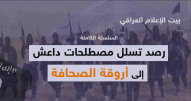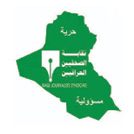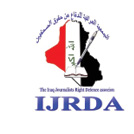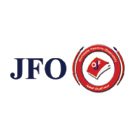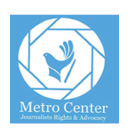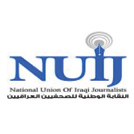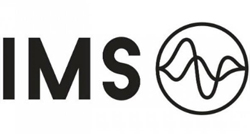Dozens of Journalists are Fleeing Baghdad and the Southern Provinces for Fear of Unknown Threats
الصفحة الرئيسية > أخبار وملفات > Dozens of Journalists are Fleeing...
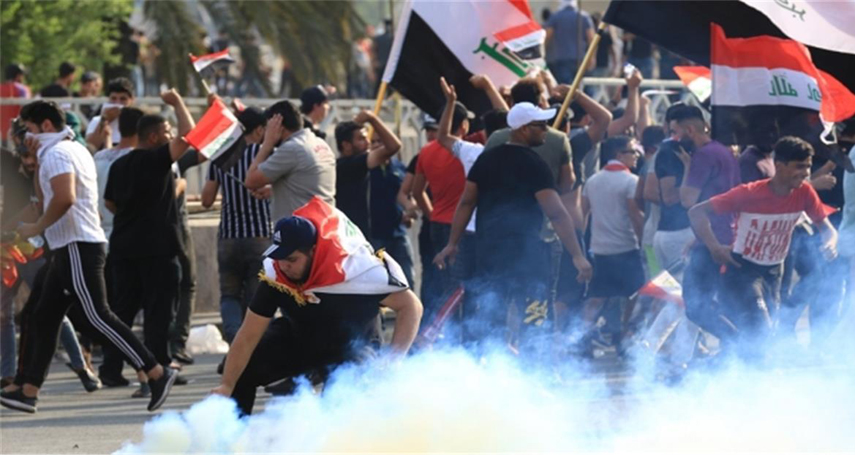
Dozens of Journalists are Fleeing Baghdad and the Southern Provinces for Fear of Unknown Threats
The Iraqi Media House recorded the phenomenon of the flight of dozens of journalists from Baghdad and the southern provinces during the demonstrations that took place in Iraq in early October. This phenomenon coincided with an unprecedented crackdown by the official authorities on the media and accompanied by attacks made by unknown gunmen on many channels. They broke the property of the channels and stopped their broadcast. In addition, dozens of journalists and media workers received direct and indirect threats because of their coverage of the demonstrations.
According to a poll conducted by the "Iraqi Media House", many journalists and media workers reported that they left their jobs during the protests. And others decided to change their areas of residence. In addition, many media workers left their cities towards the Kurdistan region or to other countries.
(M.S), a journalist working for an Iraqi satellite channel in Baghdad, said that his channel had been directly threatened by armed groups. And security sources told them directly that they were monitored, and warned them not to cover the demonstrations.
He said that he decided to leave his home with his family and went to another place, but he did not mention it for security reasons. He added that he received security threats even on his Facebook page, through messages or comments that included charges of treason and intimidation of revenge.
Most of the channels, agencies and news sites stopped working during the recent protests in the country. And other media were forced to cover the demonstrations through what is reported by the official government channel only, which has become the source of news. While social networking sites turned into a source representing the protesters, specifically Twitter through sending dozens of videos, photos, and news to bloggers outside the country. This is because of the ban imposed on the Internet by the official authorities.
(Y.S), a journalist working for a local news agency, recounted his way out of Baghdad after threats to journalists and the media.He said that he worked to cover the protests during the first three days of the demonstrations, "but then we were forced to stop our coverage. This is accompanied by the Internet ban and threats against journalists, and I had to leave Baghdad towards the Kurdistan region", he added.
"It was not easy to get out of Baghdad," he said. "I was terrified because many information had already been in circulation that the security forces put a wanted list of journalists and civilian activists. I feared that one of the checkpoints would arrest me while I was leaving Baghdad".
While (DK), a journalist and news blogger, said he was forced to delete the news and photo archive of demonstrations on his computer and mobile phone for fear of being confiscated or broken. He feared that the contents of his computer could be considered as a charge that could cause his arrest. He added that he closed his profile on Facebook and Twitter.
Official authorities' actions against the media and journalists have led to widespread criticism by human rights and freedom of expression organizations and press and media support organizations. This could lead to the decline of Iraq's rank in the global press freedom ladder to low levels, that will negatively affect how the international community deal with Iraq.
The "Iraqi Media House" strongly condemns what happened to the media and journalists, and it urges the official authorities to stop these authoritarian measures, which enshrine the restriction of public freedoms and the right of citizens to obtain information.
According to the "Iraqi Information House", the authorities' actions in shutting down the media and blocking the Internet may achieve necessary goals for the official authorities, but their repercussions during the demonstrations and beyond will be counterproductive. They affect community peace and security, and cause a new setback to the country's reputation for global peace of opinion and expression.




